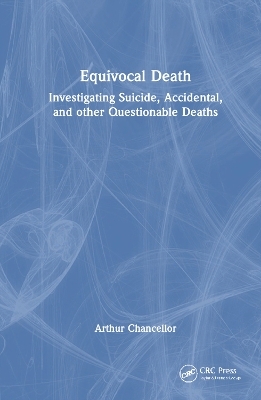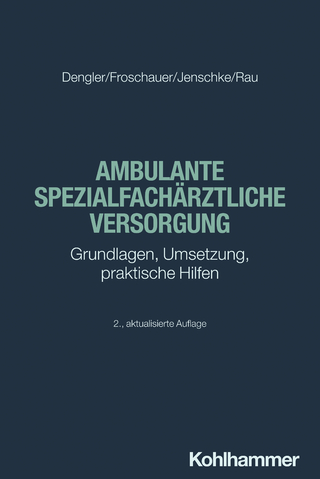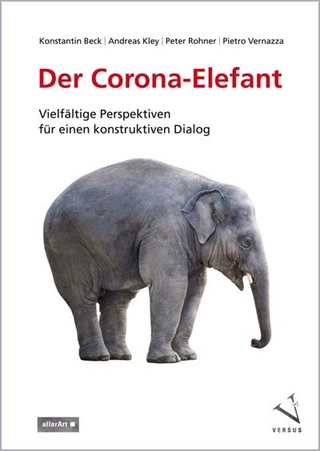
Equivocal Death
CRC Press (Verlag)
978-1-032-44773-5 (ISBN)
- Noch nicht erschienen (ca. März 2025)
- Versandkostenfrei innerhalb Deutschlands
- Auch auf Rechnung
- Verfügbarkeit in der Filiale vor Ort prüfen
- Artikel merken
Equivocal Death: Investigating Suicide, Accidental, and other Questionable Deaths refocuses the attention of first responders and investigative personnel to the concept of treating every death as a homicide—that is, until sufficient evidence is discovered to validate another manner of death and eliminate the possibility of a staged homicide.
All death investigations should include a well-documented and examined crime scene and a thorough preliminary investigation. It is a well-established, unwritten “rule” when conducting death investigations to initially treat every death as a possible homicide. This includes the examination of the body, the recovery scene, the autopsy, collection of forensic evidence, and subsequent laboratory analysis. Police and investigators are often confronted with a death scene that they cannot initially determine the manner of death: these instances are known as equivocal death.
Coverage focuses on the basics of death investigation and the ‘how to’s’ rather than dwelling on extraneous and unnecessary detail. By example, it is generally more important for the detective or CSI to understand how to properly pick up forensic evidence at the scene—and how the resulting analysis relates to their investigation—rather than the mechanics of how the evidence is extracted and analyzed at the lab. For suicide and equivocal deaths, it is likewise important that detectives also understand the importance of such things as a victimology assessment, risk factors, and/or ante mortem behaviors of the victim—cues that would be consistent with someone contemplating suicide. The book also features several aspects of criminal investigation that are not found in similar books including coverage of victimology including: crime scene staging, the notion of psychology autopsy, and how to identify those risk factors or behaviors that are consistent with suicide including motive, intent, and ability.
As such, Equivocal Death: Investigating Suicide, Accidental, and other Questionable Deaths serves as an essential reference for the detective, crime scene investigators, coroners and medical examiners, medicolegal investigators, and prosecutors actively involved in these types of cases.
Arthur S. (Steve) Chancellor retired as a Supervisory Special Agent with the US Army CID after a 50-year career in law enforcement, including 43 years as a detective or CSI. Steve is a recognized expert in the field of violent crimes and crime scene examinations. He has written several textbooks on Death Investigation, Sex Crimes, and Staged Crime Scenes and still provides training to detectives across the United States.
1. Introduction to Suicide and Death Investigation
2. The Initial Response and Preliminary Investigation for Suicides
3. Staged Crime Scenes
4. A Refocus on the Crime Scene Investigation
5. Forensic Autopsy
6. Victimology
7. Latent Investigation
8. Notes or Last Communication
9. Atypical Suicides
10. Accidental Deaths
11. Accidental Death Latent Investigation
12. Common Investigative Mistakes.
Appendix A- The Christian Davis Case Study
| Erscheint lt. Verlag | 13.3.2025 |
|---|---|
| Zusatzinfo | 3 Line drawings, color; 34 Halftones, color; 3 Halftones, black and white; 37 Illustrations, color; 3 Illustrations, black and white |
| Verlagsort | London |
| Sprache | englisch |
| Maße | 156 x 234 mm |
| Themenwelt | Medizin / Pharmazie ► Gesundheitswesen |
| Recht / Steuern ► EU / Internationales Recht | |
| Recht / Steuern ► Strafrecht | |
| Sozialwissenschaften ► Soziologie | |
| ISBN-10 | 1-032-44773-7 / 1032447737 |
| ISBN-13 | 978-1-032-44773-5 / 9781032447735 |
| Zustand | Neuware |
| Haben Sie eine Frage zum Produkt? |
aus dem Bereich


